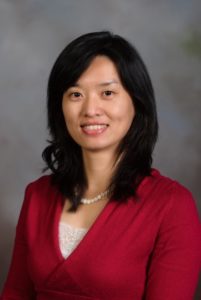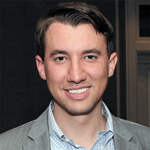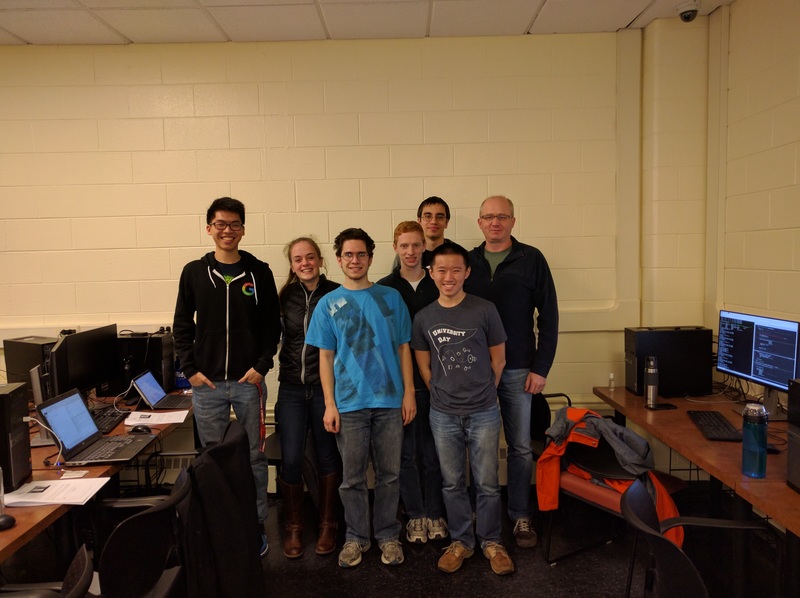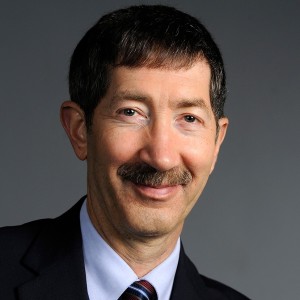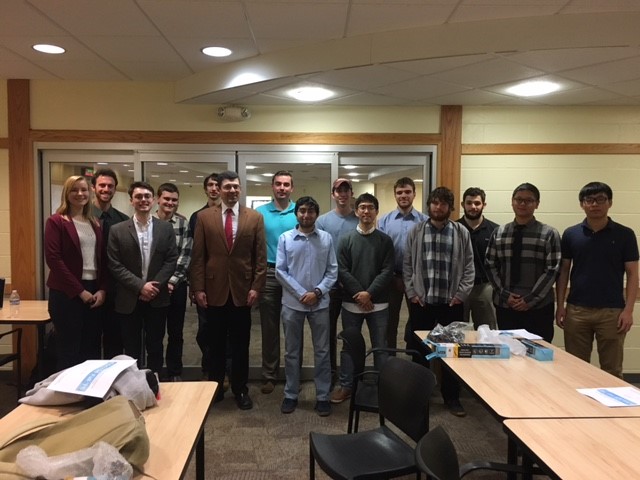Through support from Virginia Tech’s Institute for Creativity, Arts, and Technology, Center for Human Computer Interaction, and Computer Science Department, we are beginning an initiative we call Technology on the Trail.
This initiative seeks to explore the influences, both positive and negative, of technology when used on extended trail hikes and similar activities. Technology is often targeted for use in heavily populated urban environments, but thousands of people take technology away from cities on their hiking adventures, raising questions about appropriate use when in a more isolated and natural environment. These environments provide some level of separation for most people from technologies, but a need for community and communication still exists for hikers and their friends and family. Widely available technologies and apps, including mobile devices, GPS, biometric sensors, photo and video apps, and mobile blogging tools allow the capture of data and information related to a hike, but the right ways to use it are not well understood.
Our Technology on the Trail initiative seeks to understand and develop ways that technology is used (or avoided!) on trails and in trail-like settings, such as extended and multi-day hikes, where different user goals and desires affect our behaviors and interactions with others.
We have divided this initiative into three main thrusts: preparation, experience, and reflection.

